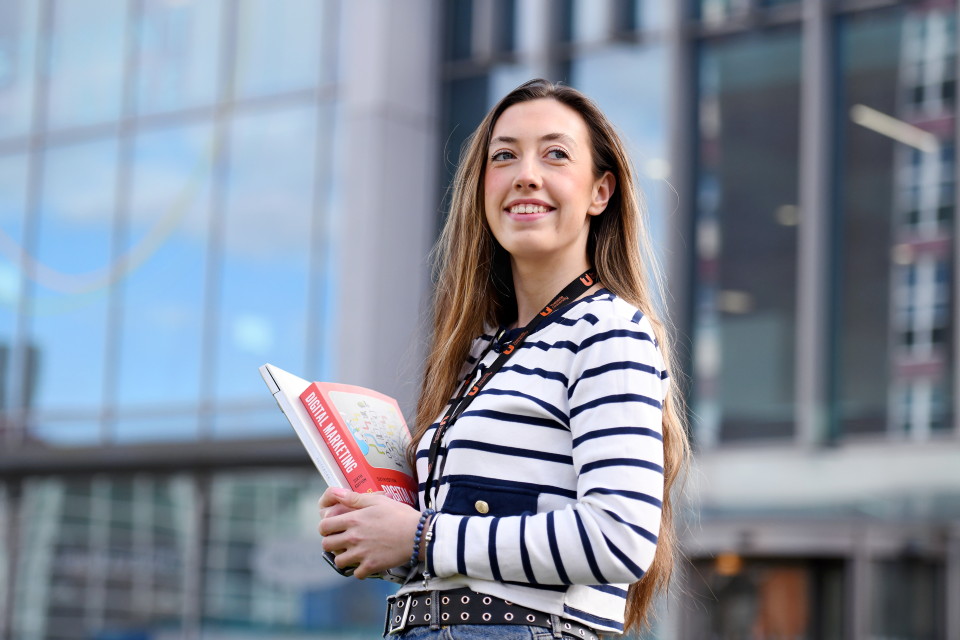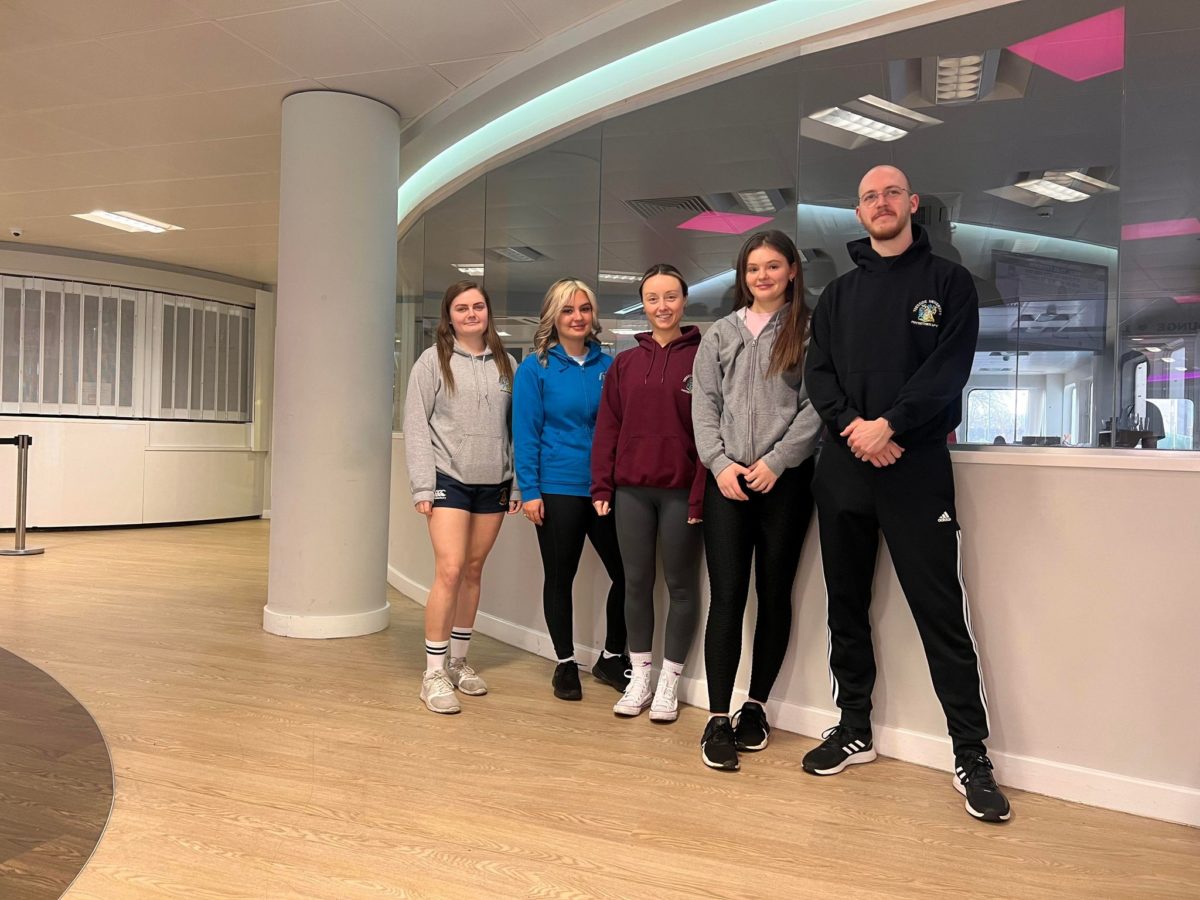Writing a personal statement might seem daunting, but it’s about telling your story. Universities aren’t looking for perfect students. They’re looking for real people with passion, purpose, and potential. So, here are my top tips to help you write a personal statement that feels like you, and that makes an impact.
1. Start with your why?
Ask yourself, why do I want to go to university? And why this course in particular?
This is the foundation of your personal statement. Be honest about what’s driven you to this point. Whether it’s been a lifelong passion, a subject you’ve recently discovered, or a personal experience that’s sparked your interest.
Talk about your motivations and hobbies. Be personal and reflective but always try and link this back to the course and university you’re applying for.
Don’t be afraid to get personal. Universities want to know your story, not a generic answer.
2. Show evidence.
Once you’ve explained your ‘why’, back it up with examples. What have you done that shows your interest into the course is real?
This could be your A Levels or BTEC course, work experience, volunteering, hobbies or projects you have done. If you feel confident, speak about personal challenges you have overcome and skills you have learnt along the way. This shows your commitment, determination, and resilience which universities would love to see. University can be challenging at times, and at the end of the day, it’s up to you to want to succeed.
Remember, always link it back to your passions and goals. Don’t just list achievements, reflect on what you have learnt and how it’s shaping your future.
3. Keep it personal.
Your personal statement should sound like you, not like ChatGPT or a template you found online (Yes, the admissions teams will be able to tell).
Avoid cliches. Be honest, be specific and stay focused on what really matters to you. Why do you want to go to university? How will this shape your future and career goals? What does this university have to offer you compared to others?
This is your chance to stand out from thousands of other applicants. The more genuine and reflective you are. The more powerful your statement will be.
4. Show you’ve done your research.
Universities want to know you’ve seriously thought about your course, and you’ve chosen it for the right reasons.
You could mention specific modules or topics that really interest you, opportunities like placements, trips or projects. Facilities or societies you’re excited about, or open days, talks, or taster sessions you’ve attended or will be attending.
This shows maturity and commitment and sets you apart.
5. Draft, edit, repeat.
Start early, be organised and plan. Breaking each paragraph down into points is a lot easier for you to see what you’ve already spoke about, making sure you’re staying relevant and not missing anything out. Write headings over each paragraph, then once you have read over your personal statement and you’re happy with it you can delete the headings.
Remember to ask a teacher, friend, or family member for feedback. Avoid using AI and ChatGPT, universities will be able to spot this, and you don’t want to lose your voice in the process. Lastly, set yourself a personal deadline to complete each draft by. This will allow you to stay on track and take your time.
The goal isn’t perfection—it’s authenticity and clarity.
There’s no perfect formula for a personal statement. What matters is that it’s honest, thoughtful, and truly yours.
Always come back to your why and what—your passion, motivation, goals, and experiences. If you were reading your statement as a university tutor, would you get a strong sense of who you are and where you want to go?
Still need a bit more help?
Visit the Teesside University website for open days, advice and student support.
There’s still time to apply for September! You’ve got this.




